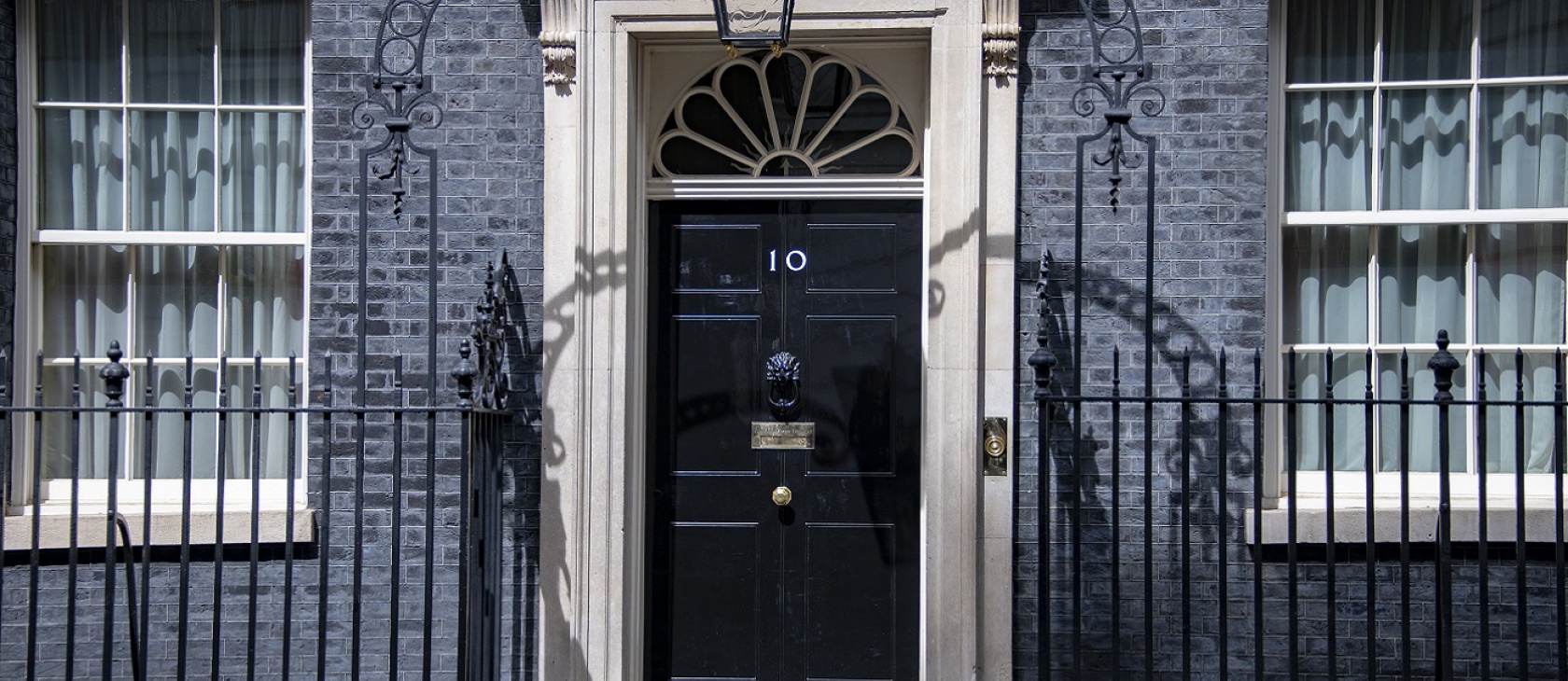The runners and riders are off in the race to succeed Theresa May as the leader of the UK’s Conservative and Unionist Party and, by default, the next prime minister of the United Kingdom. One hoped – hoped I am afraid, in vain – that the candidates for the leadership of the Conservative Party might have set out a vision for economic freedom, fiscal responsibility, and a lesser role for the state.
Instead, here are a list of some of the pledges made by the candidates:
- A significant increase in government spending on education;
- Extensive additional funding for the NHS;
- Higher teachers’ pay and more government funding for apprenticeships and support for poorer students;
- More rights in the workplace for mothers and fathers;
- Preventing developers from landbanking;
- Cuts in income tax and stamp duty on property;
- Banning plastic straws;
- 20,000 more police officers on the street;
- Doubling the amount of UK foreign aid spent on climate change; and
- A significant hike in the national minimum wage.
While I agree with some of these policies, they reveal a regrettable trajectory.
First, however laudable the policy objective, there is next to nothing on how it will be funded. There is almost no comment from the candidates on fiscal control, government spending reductions, or reducing the size of the state. So, for example, I too would like to see income tax reduced by five per cent, but any fiscally responsible individual would also know that this has to be accompanied by a plan to reduce expenditures.
Second, they continue to assume that government is always the answer, never the problem. No one campaigns on returning state functions to individuals, localities, or voluntary associations. British citizens, like so many others, have outsourced responsibility for health, welfare, and social care to the state. This leads to wasting precious resources. One of the problems with the NHS is the number of unnecessary and missed appointments with General Practitioners (primary health care) and hospital consultants. Why not introduce a charge of $50 for a doctor’s appointment? Studies show the number of needless appointments will fall. But Conservative politicians' assumption is always that whatever the policy, the responsibility is that of the state. We need a vision to restore personal freedom and personal responsibility.
Third, the continued trend to excess and excessive regulation. Why should private developers be prevented from buying land on the open market? The real issue lies in highly restrictive planning policies implemented by the state, which restrict housing supply and the rights of property owners to develop their own land and property. Of course employers, at least decent ones, will always be sympathetic to the needs of parents at times of birth or illness or particular crises. Why does any of this need legislation? When my children were born, I took two weeks holiday (vacation) from my work. Two weeks, that is, from my annual entitlement, not two additional weeks demanded by the state and paid for by my employer.
Fourth, there is a near-complete failure to recognise the role of competition and enterprise in delivering economic prosperity. So, for example, it is an entirely reasonable position to argue that the world needs to deal with climate and environmental issues. But what about incentivising the development of electric cars in the private sector through tax allowances for research and development, or dealing with fishing-related issues through the trading of catch shares, rather than simply spending millions of pounds of government money? My point is not whether you agree with the policy or not, but the failure to see free enterprise as the answer. I also think teachers’ in the most challenging areas should probably be paid more; but not in a centrally controlled command system where teachers’ pay is set nationally and is the same for every teacher in virtually every school. (There are two tiers, with some special arrangements for London.) Why is the government setting teachers’ pay? Devolve the budget and free local schools to set local rates for the local market. The answer is that the powerful, public sector trade unions would be up in arms.
I suppose no one, sadly, is going to be elected the leader of the Conservative and Unionist Party with the following set of principles:
- The government's share of GDP shall be greatly reduced;
- This will involve actively reducing the size and role of the state;
- No spending proposals will be made unless matched by a greater number of spending reductions;
- The regulatory regime of the country will be systematically reduced in volume and scope;
- There will be an assumption in all policy proposals that the answer lies in the private sector and with private enterprise, unless it can be comprehensively demonstrated that government intervention is needed;
- Parliament will sit for a maximum of 100 days in a year; and
- There will be active delegation of responsibility to individuals, families, and local communities through the principle known as subsidiarity.
I don’t suppose such a candidate would get many votes in Parliament. But maybe they would fare better amongst the party's membership? Why not let the members choose the leader from the beginning rather than just between the last two candidates?
The saddest thing is that the candidates for the Conservative Party leadership seem so incapable of advocating fiscally conservative and responsible policies based on time-tested principles. The last time any Conservative party leader did that, the party won three elections in a row, including a landslide. But that was some time ago, under Margaret Thatcher.
How far we have come. And how utterly essential it is that we promote, advocate, and set forth a vision for economic freedom, liberty, and responsibility growing out of traditional Western ethics.




